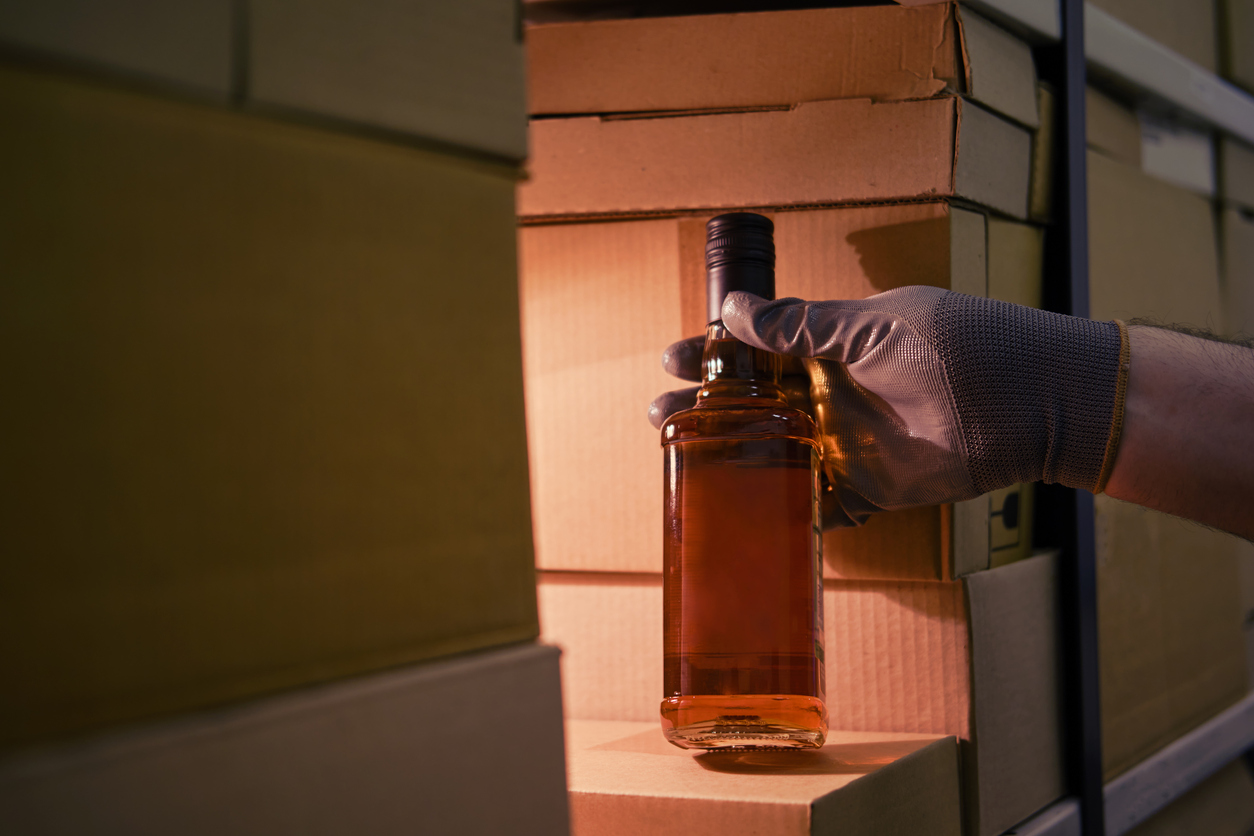From the Desk of Richard Blau – Alcohol Beverage Section Chair, Gray Robinson, P.A.

The Tennessee Attorney General last month filed a federal lawsuit to immediately stop the flow of illegal liquor shipments facilitated by six unlicensed out-of-state defendants. The lawsuit, filed in the United States District Court for the Middle District of Tennessee, seeks a preliminary and permanent injunction against defendants under the federal Twenty-First Amendment Enforcement Act, 27 U.S.C. 122a, as well as civil penalties pursuant to the Tennessee Consumer Protection Act, Tenn. Code § 47-18-108(a)(1).
The state alleges that the defendants unlawfully facilitated shipments of distilled spirits across state lines into Tennessee for which no state license is available.
During six separate investigations, in-state undercover agents from the Tennessee Alcoholic Beverage Commission (TABC) purchased and received unauthenticated and untaxed distilled spirits from each out-of-state defendant. These shipments allegedly circumvented the state’s three-tier alcohol licensing system that protects consumers in Tennessee by monitoring the manufacture, distribution, and retail sales of all alcohol through state licensure.
After the TABC uncovered the illegal activity, staff attorneys sent each defendant cease and desist letters by certified mail. Ignoring this, each company continued to ship distilled spirits to Tennessee illegally. The six named defendants are:
- BOTTLE BUZZ, INC.;
- CASK CARTEL DISTILLERIES;
- THE LIQUOR BROS d/b/a THE LIQUOR BROS and d/b/a LENA’S LIQUOR;
- MY BEV STORE;
- PRIME TIME LIQUORS; and
- WOODEN CORK ENTERPRISES, INC. d/b/a WOODEN CORK.
On October 28, 2000, Congress passed the 21st Amendment Enforcement Act allowing state attorneys general to bring civil action in federal court against out-of-state entities to enforce violations of their state laws relating to the importation or transportation of alcohol. Since then, the Act has been used sparingly, but successfully, by a small number of states.
Most recently, Ohio Attorney General David Yost filed a lawsuit in federal court seeking a preliminary injunction to immediately stop the shipment of liquor into Ohio from some of the country’s largest online wine retailers. A month-long investigation found that the defendants alone were responsible for over 40,000 illegal shipments of wine and spirits in 2019 and circumvented the payment of state excise tax, general sales tax and Ohio’s commercial activity tax. Ohio’s lawsuit resulted in a consent decree approved by a federal district judge that required the largest of the named defendants to comply with Ohio law, including creating a physical presence in the state to assure efficient tax collection. As noted in the federal court’s order:
“Each unlawful shipment of wine into Ohio also potentially deprives the State and its residents of public revenue in the form of unpaid sales and excise taxes. The proposed Consent Decree will help to ensure the proper collection of these taxes on the sale of wine. The fair assessment of taxes and collection of public revenue is always in the public interest.“
Around the same time, the State of Michigan filed a civil injunction under the same 21st Amendment Enforcement Act against two out-of-state liquor dealers following cease and desist letters sent by the Michigan Liquor Control Commission in 2019 that failed to deter the interstate shipments of alcohol to Michigan residents. The state not only secured two consent orders against the out-of-state liquor merchants, but subsequently filed four additional federal court lawsuits under the Act in 2021 against online liquor merchants in California, Oregon and New York and West Virginia that allegedly were defying Michigan liquor laws by illegally shipping alcohol directly to in-state consumers.
This is the first instance of Tennessee prosecuting a violation of state alcohol law under the Twenty-First Amendment Enforcement Act. A copy of the complaint filed by the State of Tennessee is accessible online at: https://www.tn.gov/content/dam/tn/attorneygeneral/documents/pr/2023/pr23-28-complaint.pdf
For members of the alcohol beverage industry licensed to sell alcohol beverages at retail, it is important to know the law before purchasing product for resale to consumers. In almost every state, licensed retailers can purchase alcohol beverages only from state-licensed wholesalers. Recent events suggest that more states are looking to supplement their enforcement powers through use of the Twenty-First Amendment Enforcement Act. Knowing the laws on alcohol distribution and abiding by the rules can protect hospitality licensees from becoming the next named defendants.

Richard M. Blau
Regulated Products Section Chair
richard.blau@gray-robinson.com
813.273.5128
Richard M. Blau leads the GrayRobinson Nationwide Alcohol Industry Group, focusing on the laws that govern the production, importation, marketing, distribution, and sale of alcoholic beverages throughout North America. Richard works with all levels of the alcohol industry’s “three-tier system,” as well as providers who are not licensees. Richard has achieved numerous peer-related accolades for his legal work, including Chambers and Partners - Nationally ranked as "Band 1" for Alcohol Beverage Law and Food Law; The Best Lawyers in America® - Nationally listed for Food and Beverage Law.






